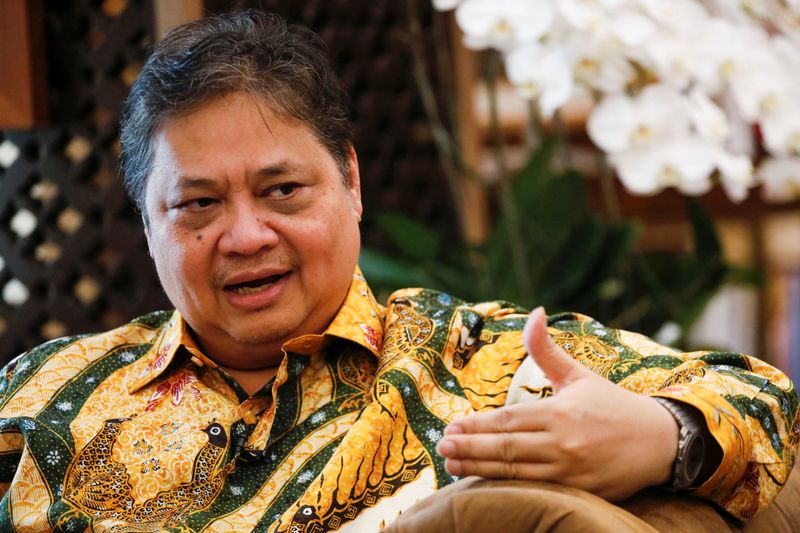Jakarta, July 10, 2025 — Indonesia and the United States are moving toward a broader partnership in the critical minerals sector following a “positive” meeting in Washington, according to Indonesia’s chief negotiator, Economic Minister Airlangga Hartarto. The discussions, held on Wednesday, July 9, 2025, addressed looming U.S. tariffs and explored opportunities for enhanced cooperation in minerals vital for green energy and technology supply chains.
The meeting involved key U.S. officials, including Commerce Secretary Howard Lutnick and U.S. Trade Representative Jamieson Greer. Hartarto described the talks as constructive, covering tariffs, non-tariff barriers, and commercial partnerships. Both nations agreed to intensify negotiations over the next three weeks to finalize mutually beneficial agreements. “We already have a similar understanding with the U.S. regarding the talks. In the future, we will make an effort to wrap up these negotiations on the principle of mutual benefit,” Hartarto said.
Indonesia, a G20 economy and the world’s largest producer of nickel—a critical component in electric vehicle (EV) batteries—faces a 32% U.S. tariff set to take effect on August 1, 2025. To counter this, Indonesia has proposed slashing duties on American products to near zero and increasing U.S. purchases and investments worth approximately $34 billion. Recent deals between Indonesian and U.S. companies include agreements to boost imports of energy supplies, wheat, corn, and cotton.
The talks also highlighted Indonesia’s vast reserves of critical minerals, including nickel, copper, and cobalt, positioning the country as a strategic partner in the global push for sustainable energy. Indonesia has been actively seeking to join the U.S.-led Mineral Security Partnership (MSP), a coalition of 14 countries and the European Union aimed at securing sustainable critical mineral supply chains. Joining the MSP could enhance Indonesia’s environmental and governance standards, aligning with U.S. goals to diversify supply chains away from Chinese dominance.
This development follows Indonesia’s earlier proposals for a critical minerals trade deal, similar to the U.S.-Japan agreement under the Inflation Reduction Act, which would allow Indonesian exports to qualify for EV tax credits. The partnership aligns with Indonesia’s ambitions to become a global hub for EV battery production, leveraging its resource wealth and strategic geographic position.
As negotiations progress, both nations aim to balance economic growth with sustainability, potentially reshaping global critical mineral supply chains. The outcome of these talks could strengthen U.S.-Indonesia ties and support the global transition to clean energy.
